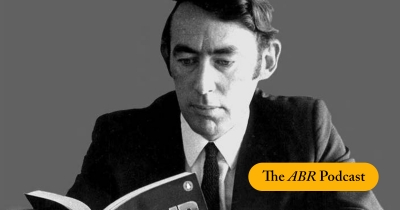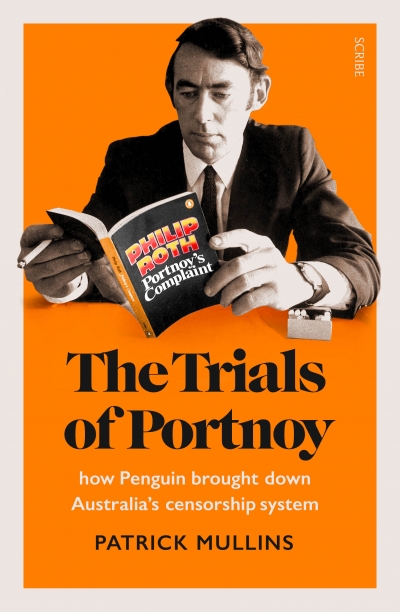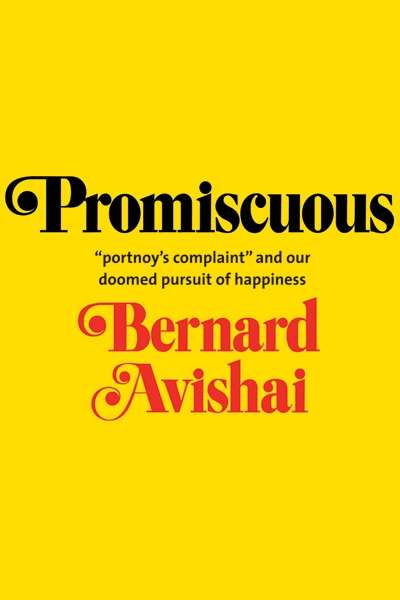Accessibility Tools
- Content scaling 100%
- Font size 100%
- Line height 100%
- Letter spacing 100%
Philip Roth
The ABR Podcast
Released every Thursday, the ABR podcast features our finest reviews, poetry, fiction, interviews, and commentary.
Subscribe via iTunes, Stitcher, Google, or Spotify, or search for ‘The ABR Podcast’ on your favourite podcast app.
The red thread: Xi Jinping’s ideology of power
by Neil Thomas
This week on The ABR Podcast, Neil Thomas reviews On Xi Jinping: How Xi’s Marxist Nationalism is shaping China and the world by Kevin Rudd. Thomas explains that even China watchers find it hard to be clear on the thoughts and plans of the leader of the Chinese Communist Party. They disagree, he tells us, on basic, critical questions, such as for how long Xi will rule. ‘Enter Kevin Rudd’, Thomas writes. ‘In his latest book, former prime minister Kevin Rudd adds a worthy new chapter to his life of public service, digesting thousands of pages of “Xi Jinping Thought” so that you do not have to’. Neil Thomas is a Fellow on Chinese Politics at Asia Society Policy Institute’s Center for China Analysis in Washington DC. Here is Neil Thomas with 'The red thread: Xi Jinping's ideology of power' by Neil Thomas, published in the December issue of ABR.
Recent episodes:
In today's episode, we present James Ley’s hilarious and deeply serious review of The Trials of Portnoy by Patrick Mullins. James channels the memorable prose of Philip Roth himself. Mullins’s book chronicles the legal spat that surrounded Penguin's attempt to publish Portnoy's Complaint, Roth's controversial novel that was considered lewd and offensive by Australia's censuring authorities.
... (read more)The Trials of Portnoy: How Penguin brought down Australia’s censorship system by Patrick Mullins
Jolley Prize, Fay Zwicky (1933-2017), Miles Franklin Award shortlist, Porter Prize, Conversational Calibre, Memoirs of historians, Philip Roth ...
... (read more)Promiscuous: Portnoy’s Complaint and Our Doomed Pursuit of Happiness by by Bernard Avishai
‘It wasn’t like that in the book’ is one of the commonest and most irritating responses to film versions of famous novels. Adaptation of literature to film seems to be a topic of enduring interest at every level, from foyer gossip to the most learned exegesis. Sometimes, it must be said, the former is the more entertaining, but this is no place for such frivolity.
... (read more)In The Ghost Writer (1979), the first of the nine Philip Roth novels in which Nathan Zuckerman plays a major role, the young Zuckerman uses a family squabble over an inheritance as the basis for a short story. His father is appalled. Why would Nathan depict his own family in such an unflattering light, perpetuate negative Jewish stereotypes, and give ammunition to anti-Semites? ‘You are not somebody who writes this kind of story and then pretends it’s the truth,’ his father despairs. ‘But I did write it,’ Nathan replies. ‘I am the kind of person who writes this kind of story.’
... (read more)




